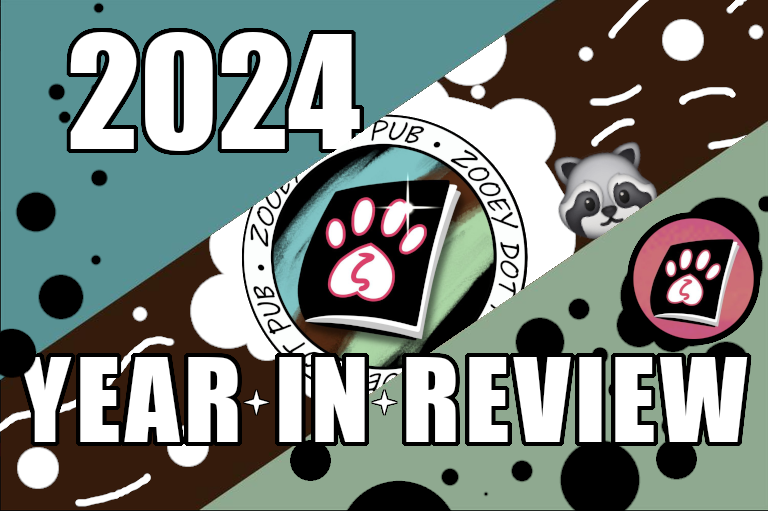A review of the PACT act

On November 25th, 2019 President Donald Trump made what should have been one of the least controversial moves of his term, at least for those of us who love animals, by signing into law a little bill called the Preventing Animal Cruelty and Torture Act, or PACT, for short. On the surface PACT is rather unremarkable, merely updating a couple of definitions and cleaning up some wording of its predecessor, the Animal Crush Video Prohibition Act, which was passed by President Obama following United States v. Stevens (2010). The intention was to plug a rather massive hole that only made it illegal to torture animals if you recorded yourself doing it, rather than criminalizing the act of torture itself.
But as admirable as that is, buried in this new definition of “crushing” alongside things like burning, drowning, or severely injuring an animal, is a reference to two other sections in the federal code. Those two sections, 2241 and 2242, define aggravated sexual abuse and sexual abuse respectively. The inclusion of both of those, much like PACT itself, seems innocent and even laudable at first glance. After all, as zoos we should hope that rape is taken every bit as seriously for our animal companions as it is with our fellow humans. But the wording of 2242 in particular created an ambiguity for consensual interspecies sex, at least legally speaking. Would a court see animals as being “physically incapable of declining participation in, or communicating unwillingness to engage in” sex and declare making love a felony just because they cannot speak? Or, more accurately, because most people do not know how to listen?
Almost three years later and we finally have our answer: Yes. Bestiality is a felony worth up to 7 years in prison in the United States under the Preventing Animal Cruelty and Torture Act, and it has been used to that end in at least two cases, United States v. Madden (2021) and United States v. Vincent (2021).
Both cases started off as child pornography investigations with the “crushing” charges being more of an afterthought. To be clear, neither of these two zoos are very good people. But that does not make the court’s rulings any less significant. In the first case, Prentiss Madden, a veterinarian from Florida, sedated a dog and recorded himself raping her. Unfortunately, what they argue in court is that it was rape because she was an animal, not because she was drugged. What should be a critical detail in the case is so irrelevant to both the prosecution and the judge that it is not mentioned in the court transcript. In the second case, William Vincent recorded himself performing oral sex on his dog. He tried to have the charges dismissed on the grounds that the law was too vague—he could not have known it was criminal—and that his dog was unharmed, but he was shot down after a back and forth with the court. He ended up pleading guilty knowing that he would not fare better in a trial.
Keep in mind that I am not a legal expert. If you have doubts, think that I have missed something, or would like to see more documentation, you can look at these cases yourself through PACER (Public Access to Court Electronic Records) under case numbers 21-cr-20248 (Prentiss K. Madden) and 3:21-cr-00010 (William Vincent). But it is hard to look at these cases and come to any other conclusion.
Here is an excerpt from United States v. Madden (2021):
Judge: “So is the animal crushing here the images that you’ve already told me about of the penetration of the dogs?”
Prosecution: “Yes, your Honor.”
Judge: “Or is it literally a crushing of an animal?”
Prosecution: “It is not, your Honor. It is essentially a statute that is entitled Animal Crushing, but it criminalizes bestiality, and there is one other section that would allow you to commonly read it as such, but that is the theory, your Honor.”
Also of note are the exhibits put forth by the prosecution in United States v. Madden (2021).
From “The Theory of Consent in Sexual Abuse on Animals” by Ravi Singh Chhikara and Harleen Kaur (2020), which was also cited in United States v. Vincent (2021):
“Bestiality must be condemned because animals cannot give consent in a way human can readily understand, or cannot resist humans in any significant way due to their sometimes-docile nature or other human-bred features.” (Chhikara, Kaur)
From “Rethinking bestiality: Towards a concept of interspecies sexual assault” by Piers Beirne (1997):
“Bestiality should be understood as interspecies sexual assault because: (1) human-animal sexual relations almost always involve coercion; (2) such practices often cause animals pain and even death; and (3) animals are unable either to communicate consent to us in a form that we can readily understand or to speak out about their abuse.” (Beirne)
There was also a third exhibit, a news article, filled with the usual lot of bad statistics and same old citations that try to paint all zoos as violent rapists which we have been poking holes in for decades that I will not dignify by linking here.
And here is an excerpt from United States v. Vincent (2021):
Defense: “It cannot be fairly said that beyond a reasonable doubt, it is clear if or when the statute would apply to non-forcible sex acts with a dog.”
The Court: “Nothing in the statute indicates, and no court has ever held, that creation of a video depicting sexual abuse of animals is lawful,”
The Court: “[We] need not address his ponderings about canine consent to sexual acts…it will be up to the jury…to determine whether…he violated the statute.”
News like this is always hard to swallow. They tell us we are monsters even though many zoos see animals as equals and care about them more than most people do. They threaten us with seven years in prison for consensual sex, but look the other way and make exceptions in this very law when it comes to the brutal treatment of animals in the name of industrial agriculture, hunting, and research. It shows plain as day where their priorities lie and who really truly cares about animals.
One of the worst things about this is how much promise it had. If interpreted fairly it would do a lot to protect animals. But by choosing to read it the way they have and criminalizing all bestiality, rather than the rape and torture that we can all agree is wrong, they have made it harder for us to speak out against those zoos who would hurt the ones they are supposed to love. It pushes those of us with the most to lose to tolerate some of the worst parts of our community out of fear of retaliation.
I know that for many of us none of this is new. Bestiality was already offhandedly said to be illegal under 2242 in United States v. Richards (2014), even if a serious legal argument was never put forth to defend that claim and it held little meaning on its own. Without PACT, bestiality would still be illegal in practice. In places where laws against bestiality were not on the books, you would just be charged with animal cruelty or something else.
The good news is that it is unlikely that federal investigators will be looking at zoos in the first place if they are not doing something else like trading child pornography. As far as I know, no one has been charged or convicted under PACT just for owning or sharing zoo porn, even though that should be just as illegal.
In closing, there is no need to panic. If anything, this should be a call to action. We need to tell our stories. We need to be seen and heard. We need to take part in research. We need to make it so they cannot just cast us aside using half-baked and outdated statistics or the words of armchair philosophers and academics that know nothing about us and deny the free will of our companions and our rights.
Article written by Adramedes (November 2022)
Find them at https://twitter.com/adramedes
Questions, comments or concerns? Check out the discussion thread on ZooCommunity, or join our Discord!




